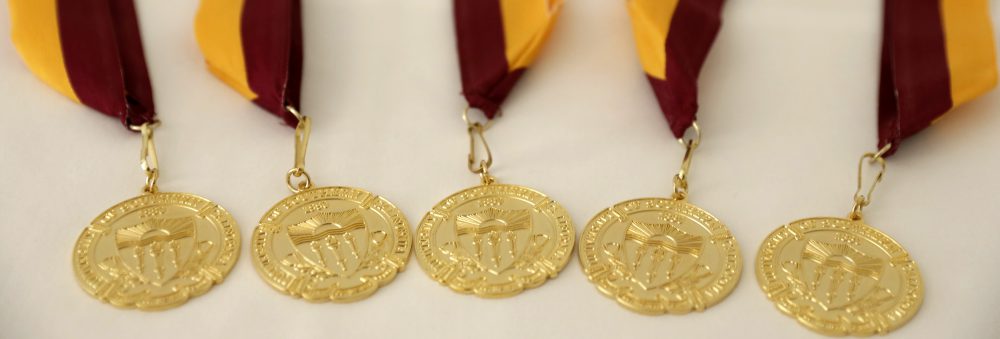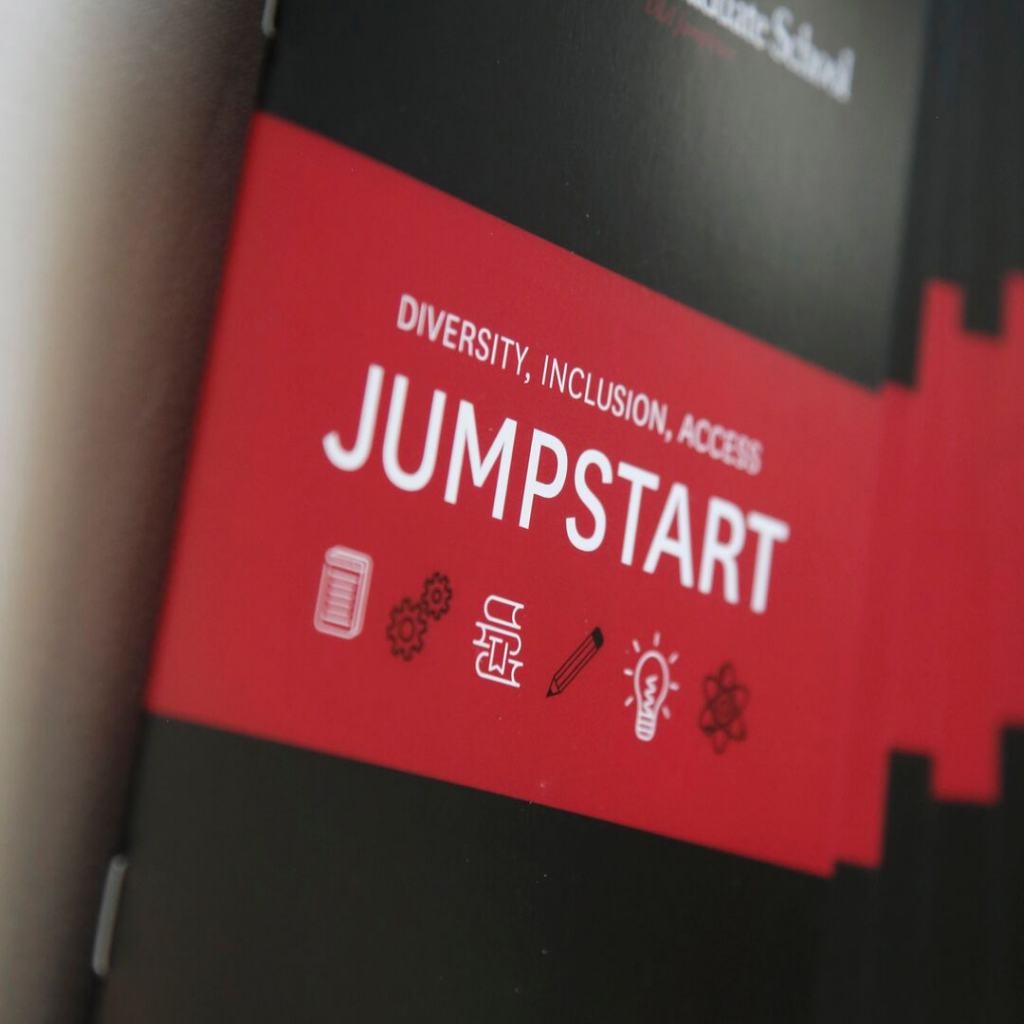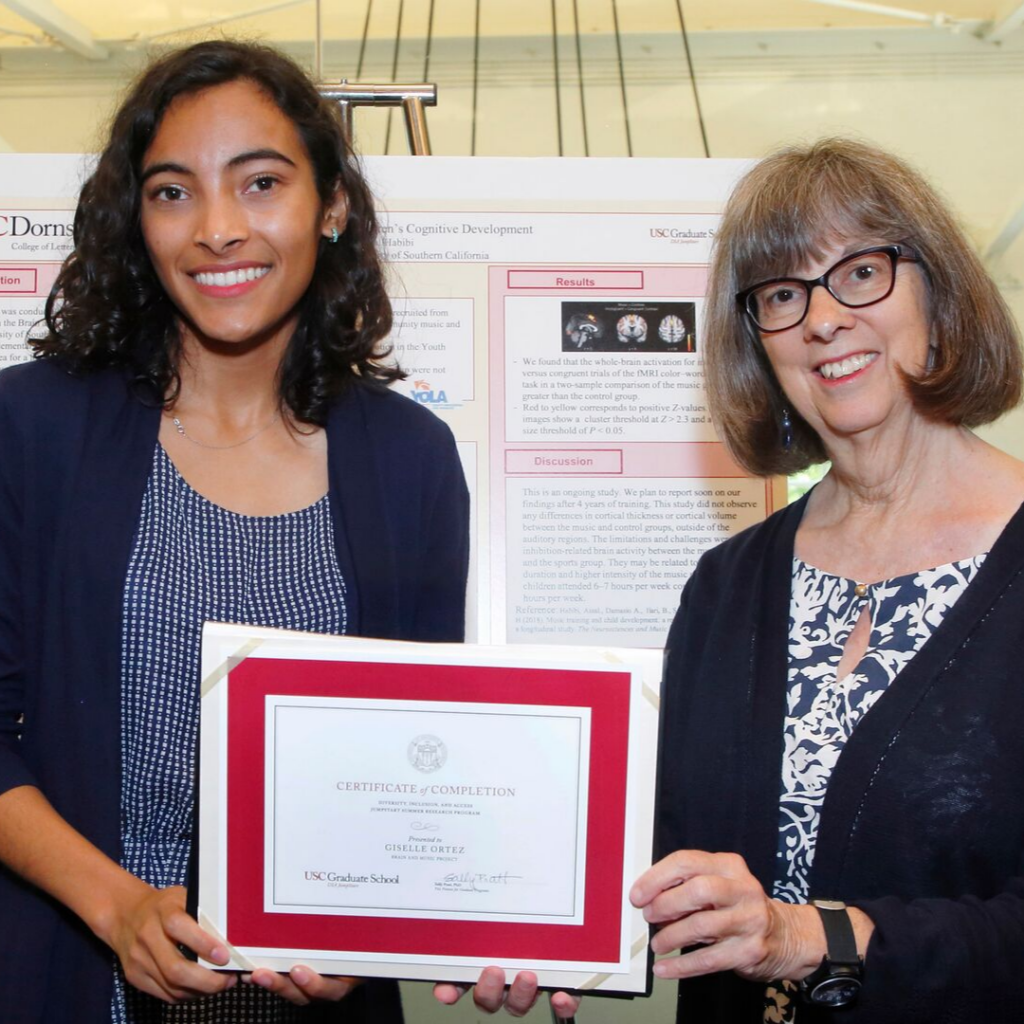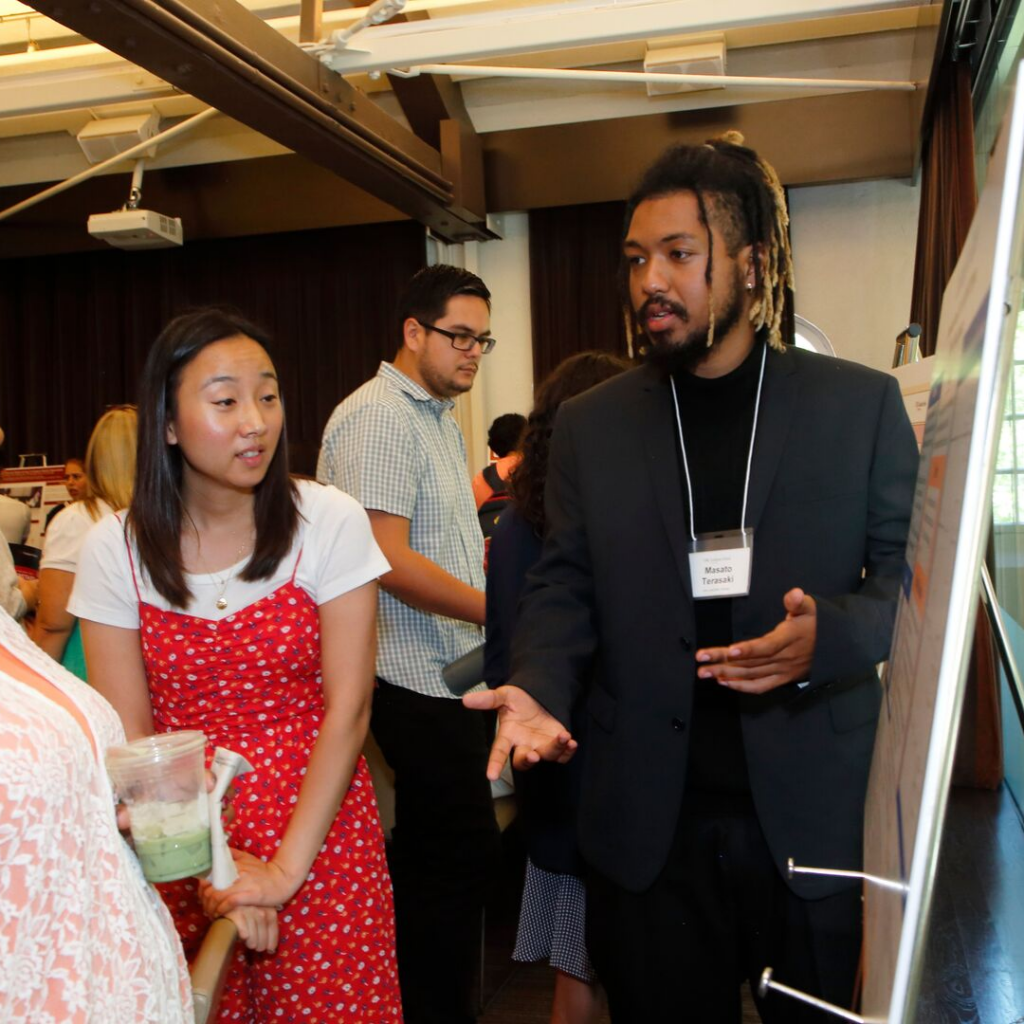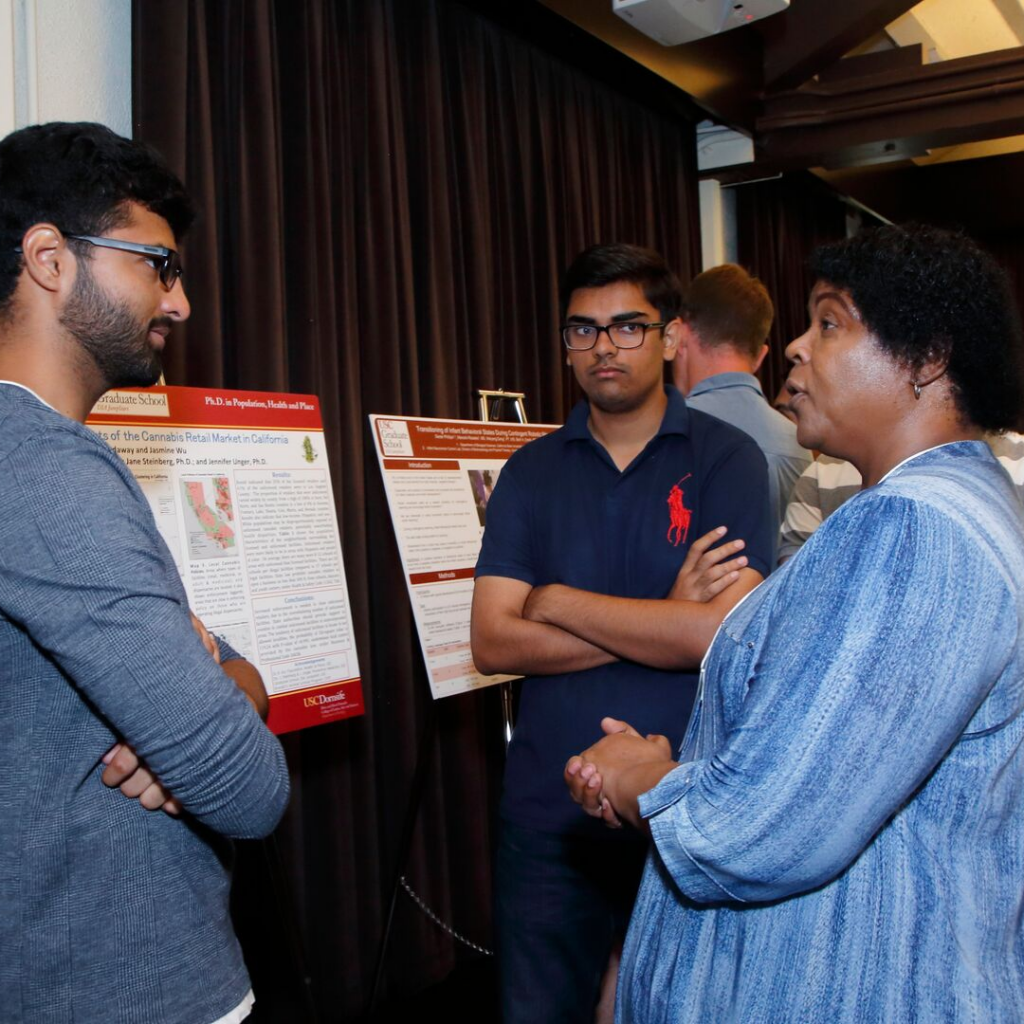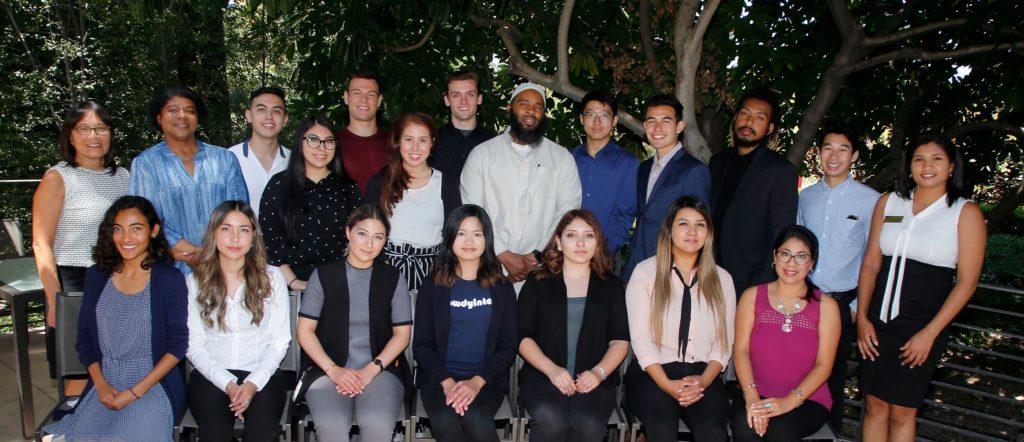
This summer, the Graduate School welcomed eighteen undergraduates as scholars in the DIA JumpStart Program. As part of USC’s Graduate Initiative for Diversity, Inclusion and Access (DIA), the program gives talented undergraduate scholars from outside institutions the opportunity to participate in summer research projects in various labs at USC. The program provides academic, financial and professional support, and opportunities for students who want to pursue a PhD degree after their undergraduate studies.
“We provide exposure and access for our scholars to USC faculty, staff and resources,” said Ashley Brooks, Program Specialist for Diversity, Inclusion, and Access at the Graduate School. “Their research with faculty hosts are coupled with professional development workshops that address topics such as graduate admissions, fellowships, conducting research and Ph.D. student life.”
Partnering with USC schools and programs, DIA JumpStart provides summer research opportunities that range from lab-based research to mentored participation in faculty projects. After the 10-week experience, students are expected to present their research. This year, the research projects covered topics such as neuroscience, cancer and child development.
“The goal of the program is to give our scholars a preview of the Ph.D. experience and to prepare them for the graduate admission process,” said Brooks.
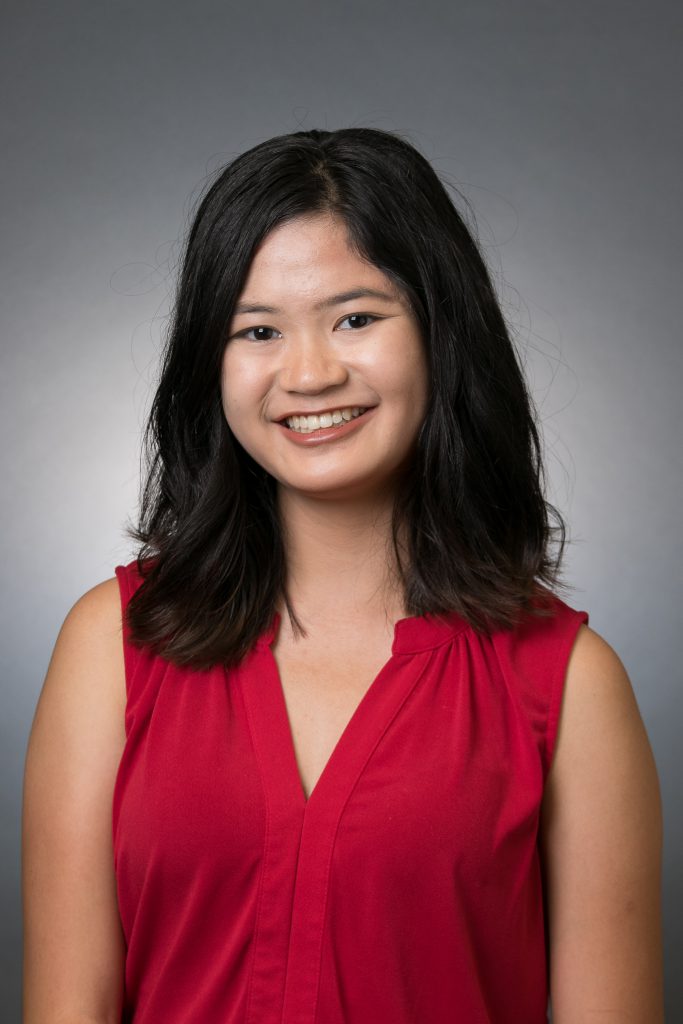
Many scholars in the program are from local institutions. However, the positive reputation of the DIA JumpStart program has reached students across state lines. Kristelle Cefre, a student majoring in psychology at the University of Texas at San Antonio, traveled to Los Angeles this summer to participate in the program. Cefre was hosted by the A-Z lab in the Brain and Creativity Institute and conducted research on dyspraxia, a developmental coordination disorder.
“I loved the opportunity to immerse myself in a laboratory setting,” said Cefre. “I saw this as a chance to learn more about different topics, specifically in the neuroscience and the neurocognitive department.”
Through social and behavioral research, Cefre examined how the brain perceives and executes instructions by testing subjects’ motor and communication skills. As a team member in the Brain and Creativity Institute, Cefre had a hands-on experience and networked with professionals in her field. Exposure through the program helped Cefre define her career goal of becoming an occupational therapist.
“USC is very influential, especially in occupational therapy. This realization helped me sharpen my drive to become an occupational therapist,” Cefre said. “I’ve felt inspired and passionate. It made me want to give my best and make sure the given expectations were fulfilled.”
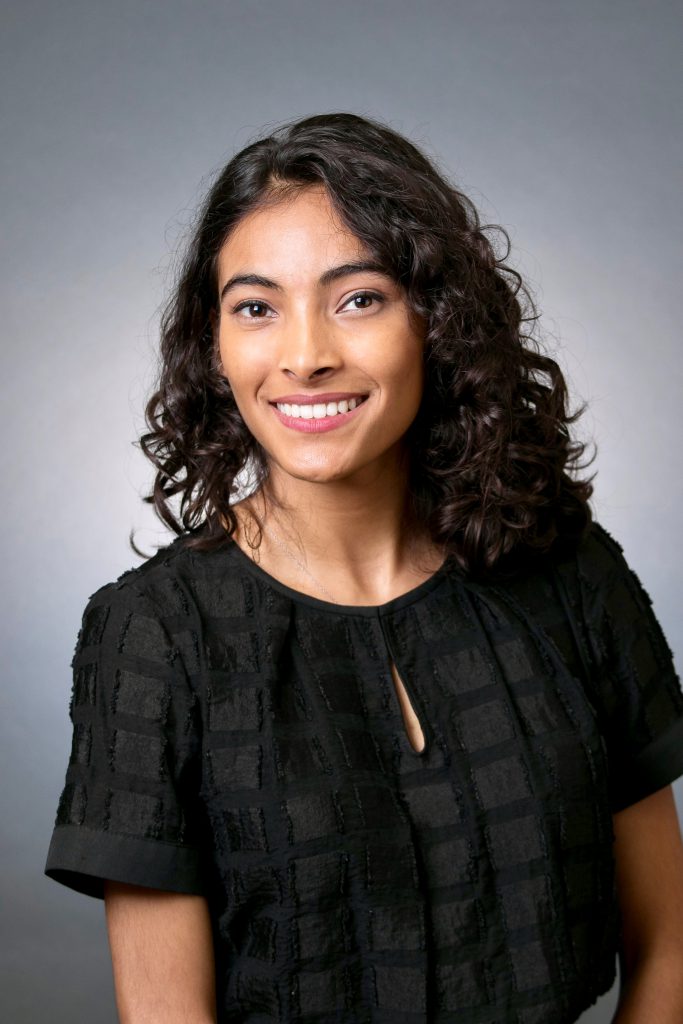
Giselle Ortez, a student majoring in child and family studies at California State University Los Angeles, researched the influences of music on children’s brains. Hosted by Dr. Assal Habibi, Ortez studied social and cognitive brain development in the lab. She was also responsible for interviewing parents and administering assessments.
“DIA JumpStart empowered me to pursue my next career goal. Whether it’s in the same field or not, the experiences and skills from this will translate.” Ortez said. “The program helped me with my own personal research goals. It made me think about how I would like to give back to my own community and collaborate in the future.”
Scholars were not limited to the labs at the University Park campus. Diego Velarde, a student majoring in biochemistry at California State University Long Beach, worked closely with Dr. Ite A. Offringa in the Norris Comprehensive Cancer Center at the Health Sciences Campus.
“It was one of the most eye-opening experiences I’ve had in my life because I’ve been exposed to an entirely new set of research,” Velarde said. “At USC, the research is at a higher caliber and the amount of passion and dedication is refreshing.”
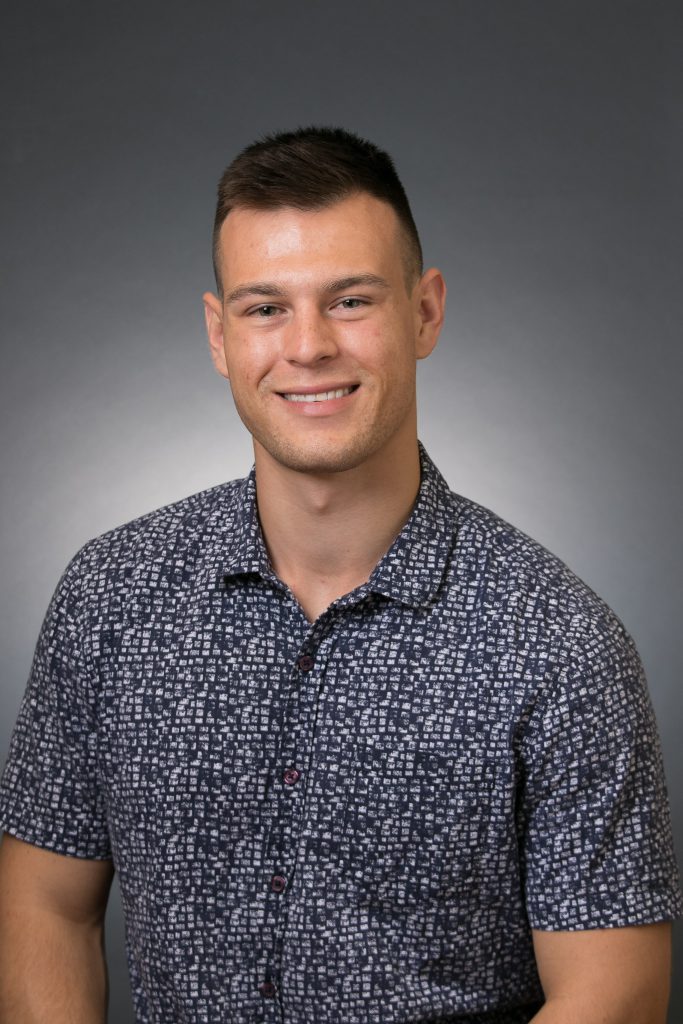
Velarde conducted research on non-small cell lung cancer, a cancer that patients are treated for within the center. Having access to technology, research and mentorship helped Velarde pinpoint some of his career goals within cancer research which include becoming a professor and creating a research publication.
“This program showed me how a research lab works and got me mentally prepared for a Ph.D. program because I now know what will be expected at a competitive level,” Velarde said.
